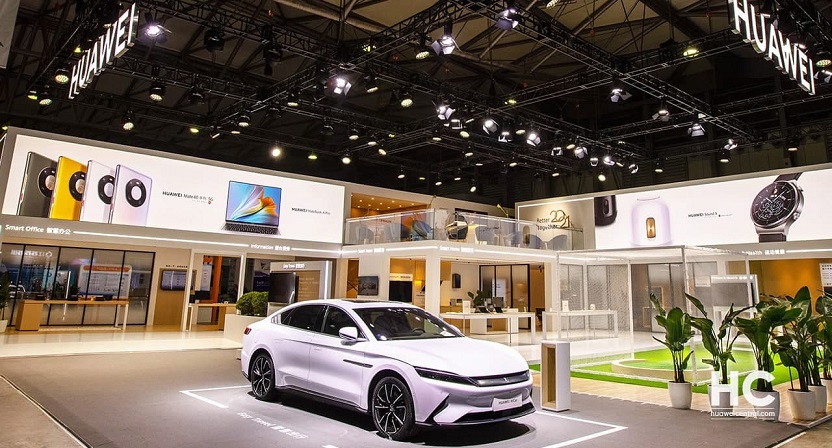
Huawei Technologies is teaming up with Chery Automobile, BAIC Motor and Anhui Jianghuai Automobile Group in jointly developing and manufacturing Aito-branded electric vehicles,
“Huawei, which has already a partnership with Seres Group to make Aito cars, plans a series of models including SUVs, sedans and multipurpose vehicles under the Aito brand, Richard Yu, Huawei’s Smart Car CEO, said at the China EV 100 forum in Beijing.
The company doesn’t make cars on its own but only helps other automakers make better vehicles. “We’d like to fully use the automakers’ resources of production capacity,” Yu said.
China is the leading producer of EVs in the world. According to data from the China Association of Automobile Manufacturers, the country produced more than 4 million EVs in 2021, accounting for around 80% of global production.
China’s EV market has experienced rapid growth in recent years, driven by government policies aimed at reducing air pollution and promoting sustainable transportation.
In particular, the government’s New Energy Vehicle (NEV) program, which includes subsidies for EV buyers and incentives for automakers to produce EVs, has played a key role in spurring demand for EVs in the country.
As a result of these policies, China’s EV market has become increasingly competitive, with a number of domestic and foreign automakers vying for market share.
Some of the leading Chinese EV manufacturers include BYD, NIO, and Xpeng, while international companies such as Tesla and Volkswagen have also made significant investments in the Chinese market.
China’s dominance in the EV market has also led to concerns about the country’s supply chain power and its impact on global trade. In recent years, China has increasingly sought to control critical materials used in EV production, such as lithium and rare earth metals, which has raised concerns about supply chain vulnerabilities and geopolitical tensions.
Despite these challenges, China’s EV industry is expected to continue growing in the coming years, with the government targeting 20% of all new car sales to be NEVs by 2025. As the country continues to invest in EV infrastructure and technology, it is likely to remain a key player in the global EV market.
Huawei unveils seven innovations in digital infrastructure
Renault and Nissan announce new investment and launch of new vehicles in India